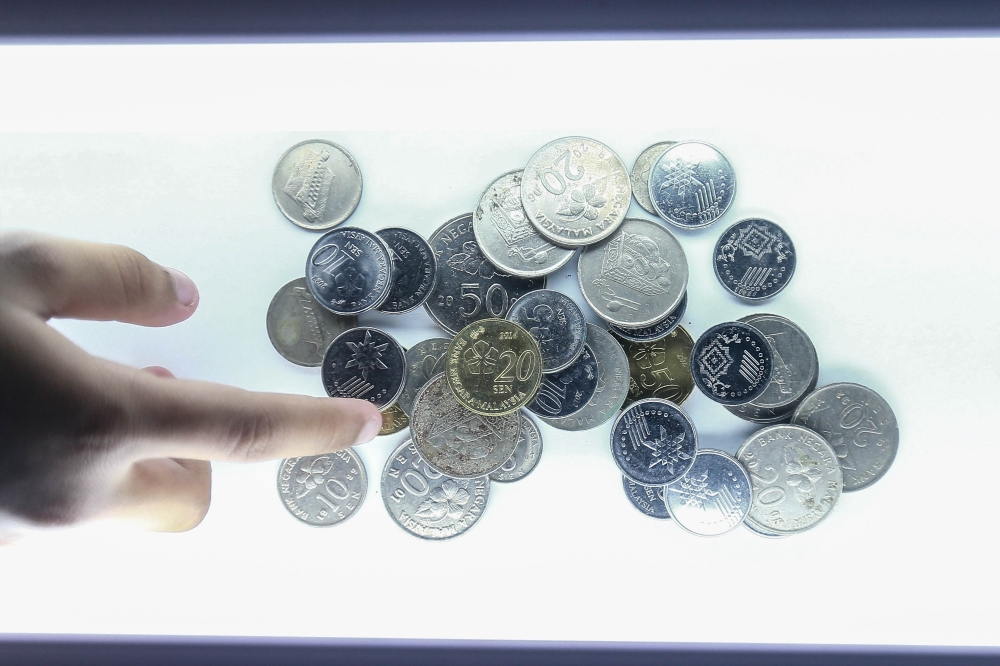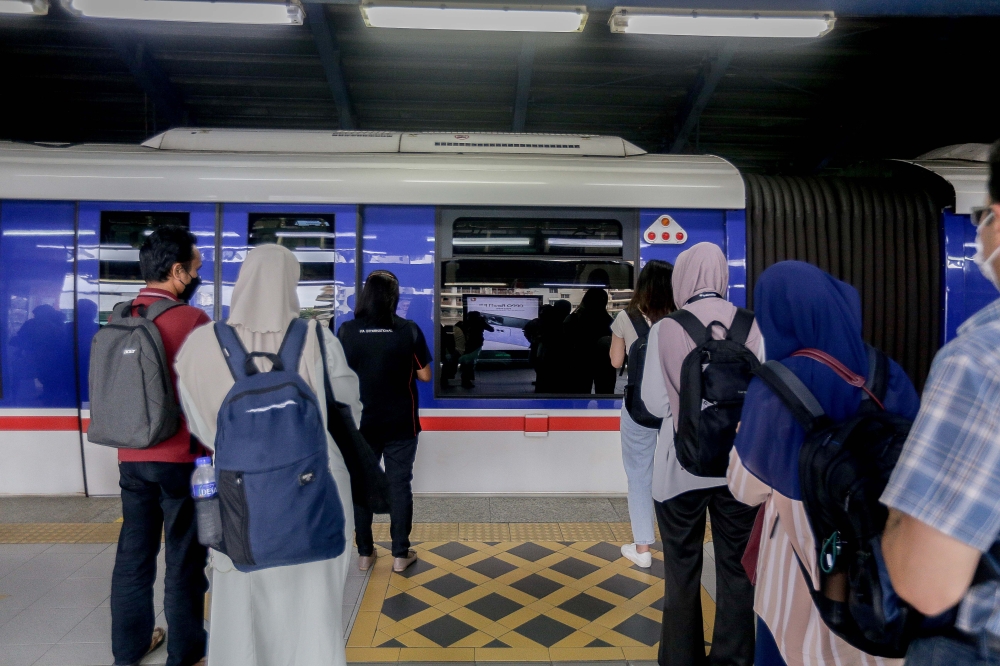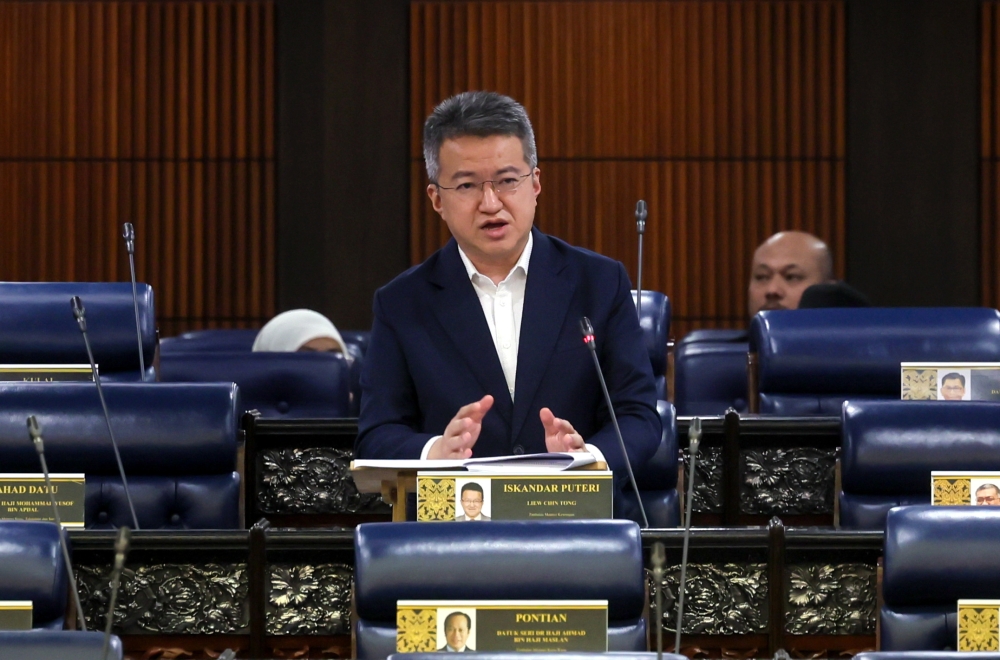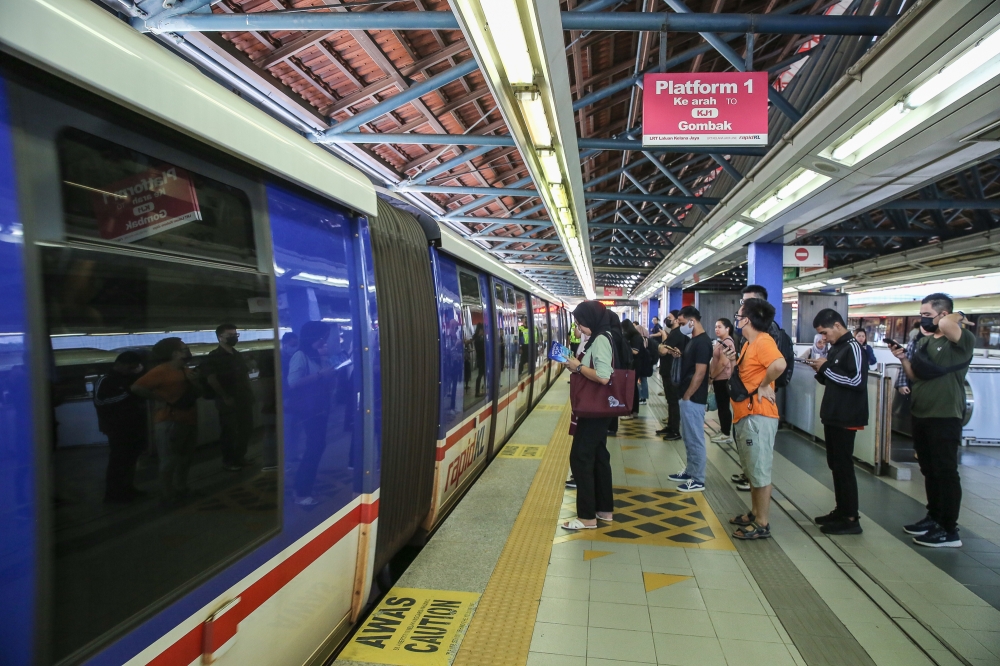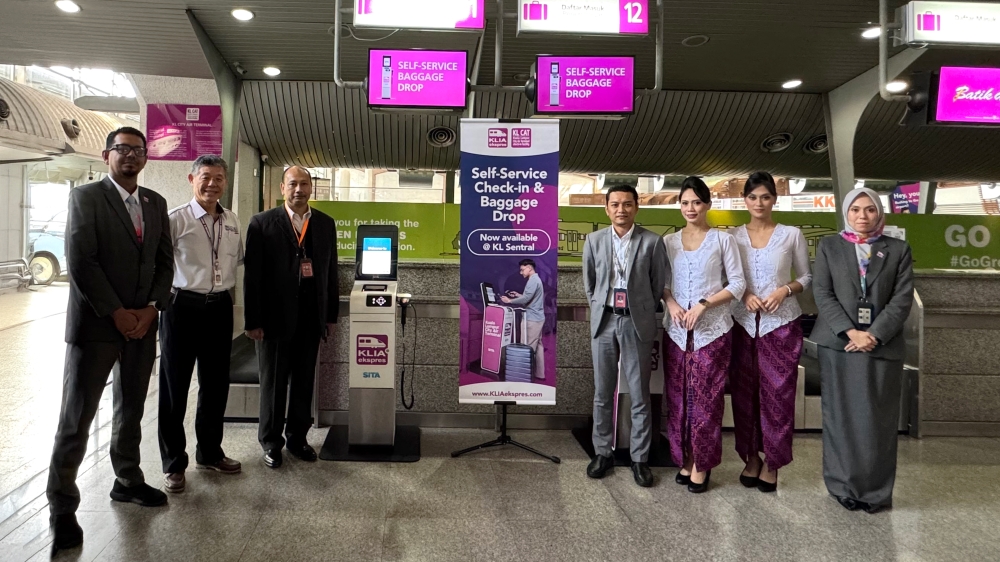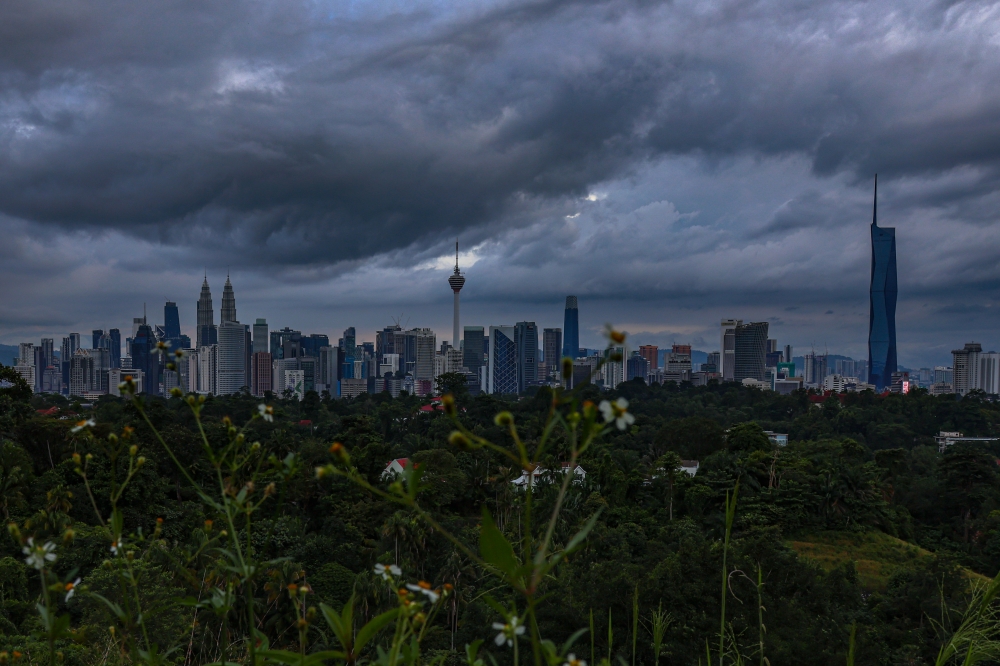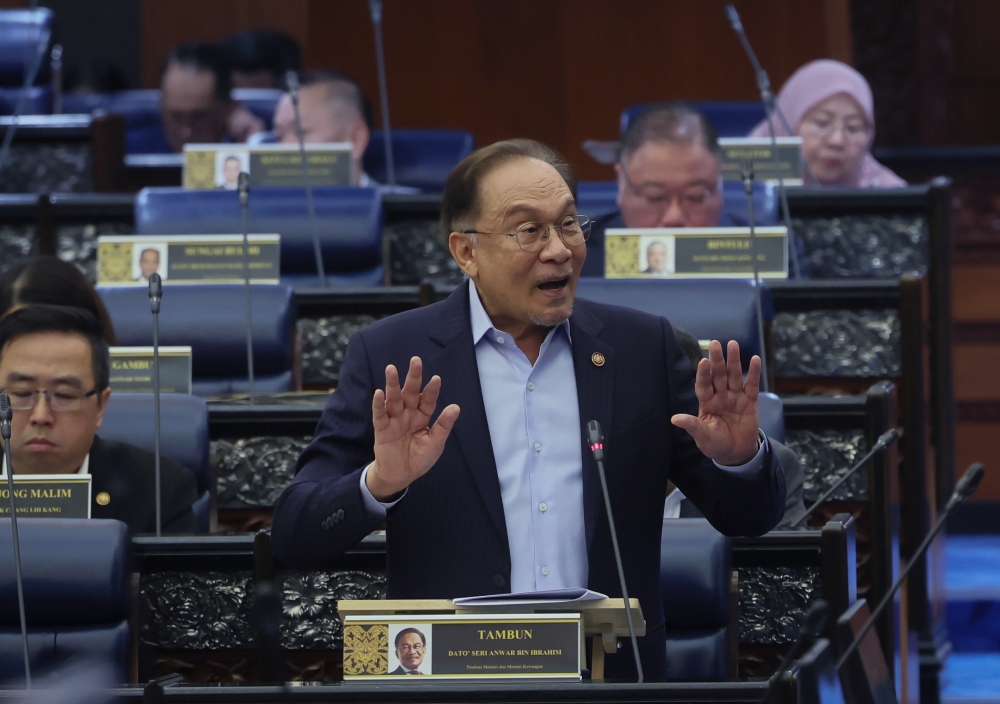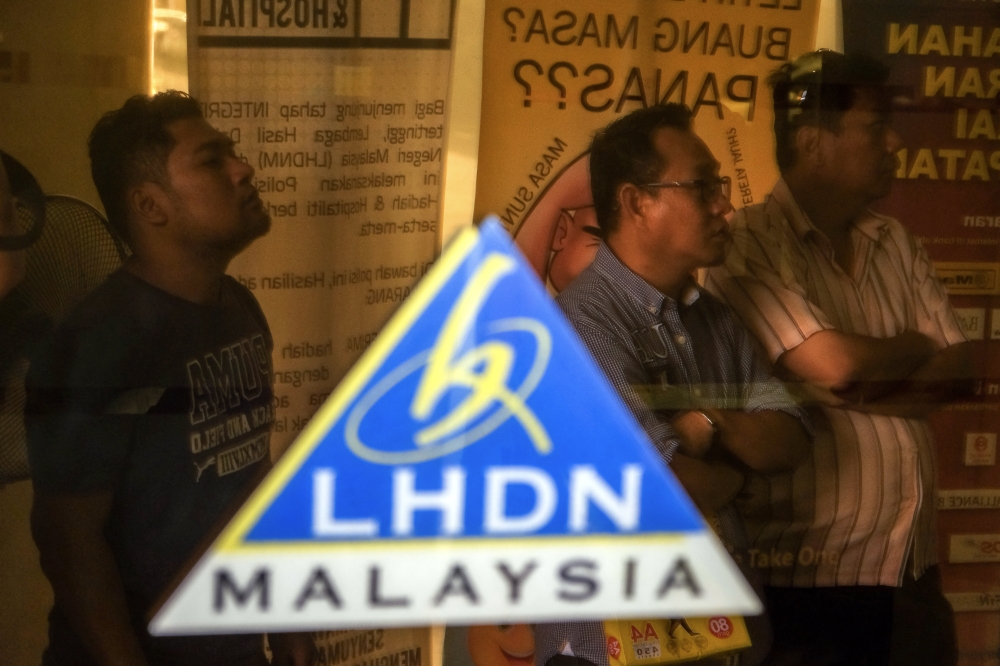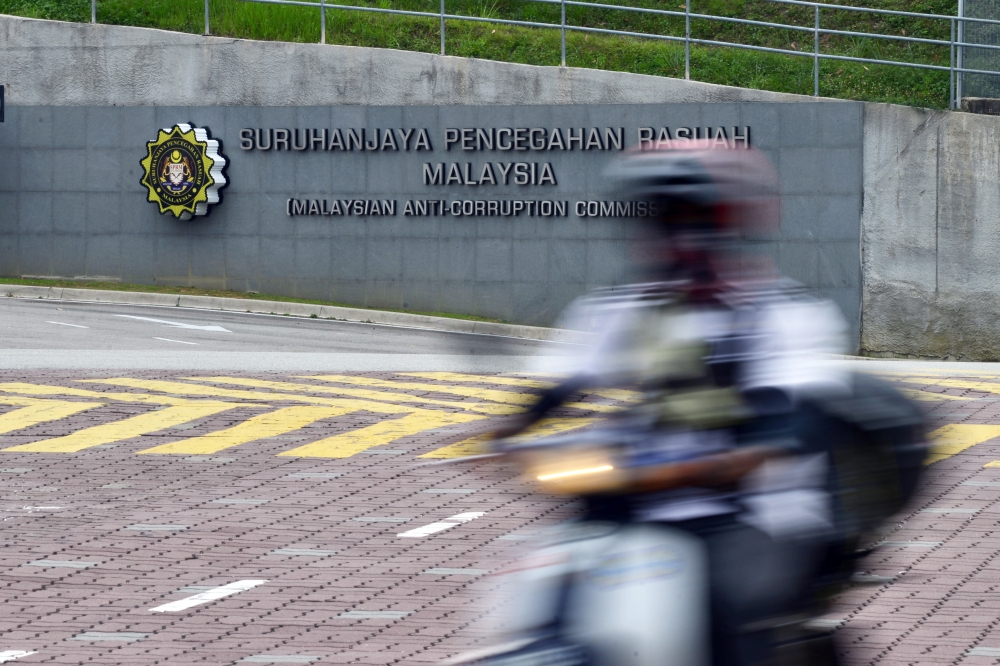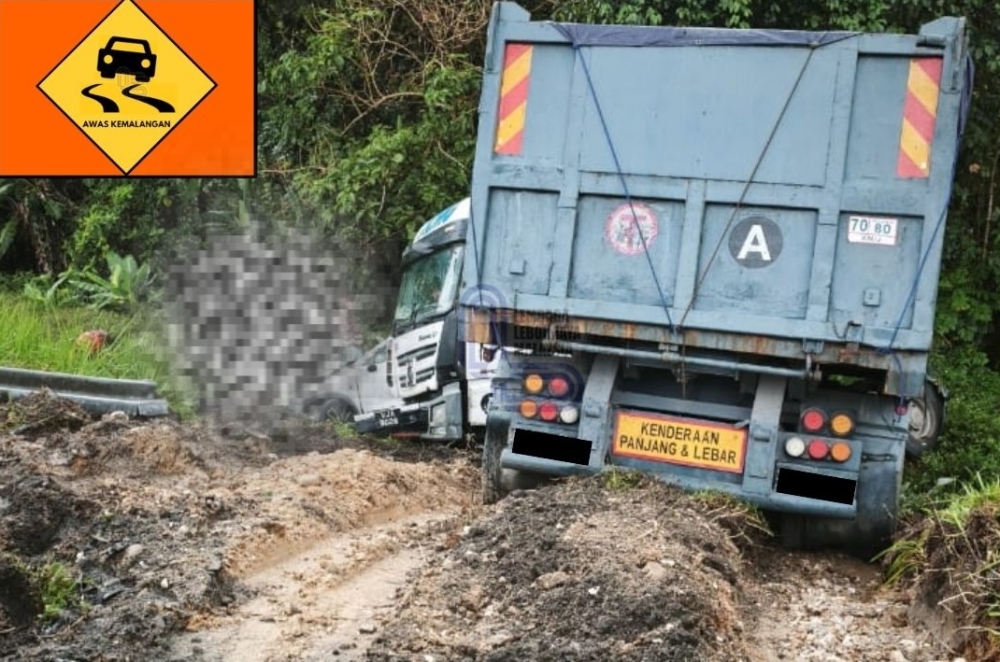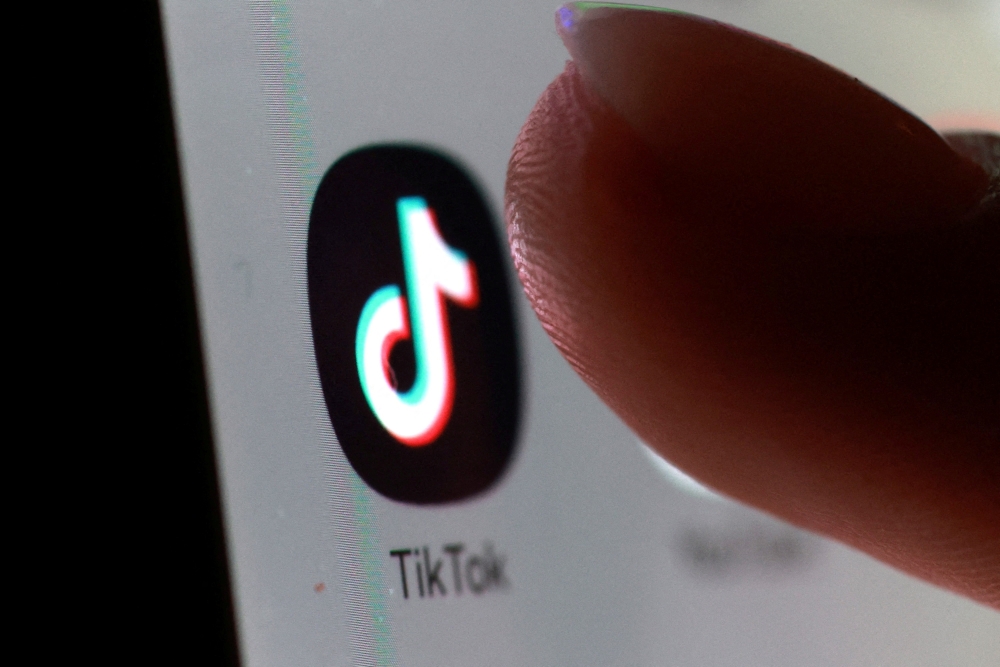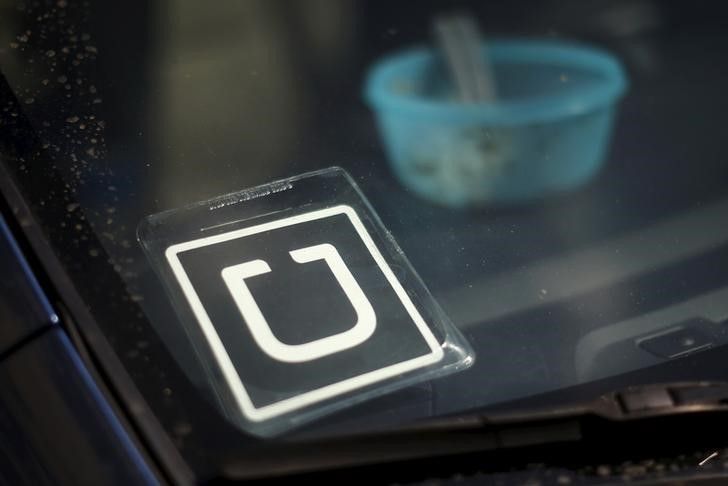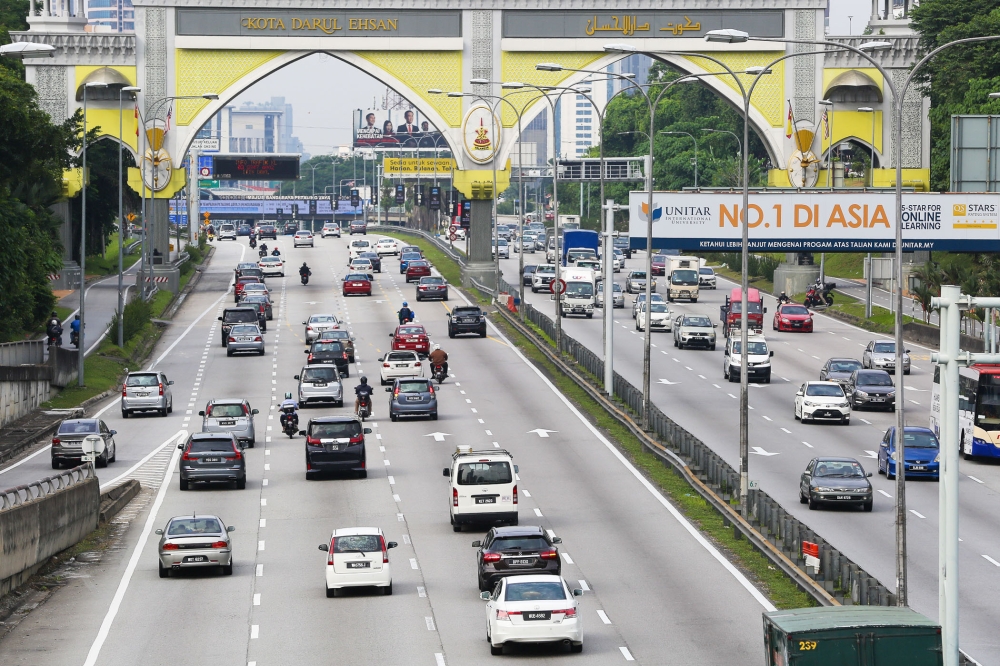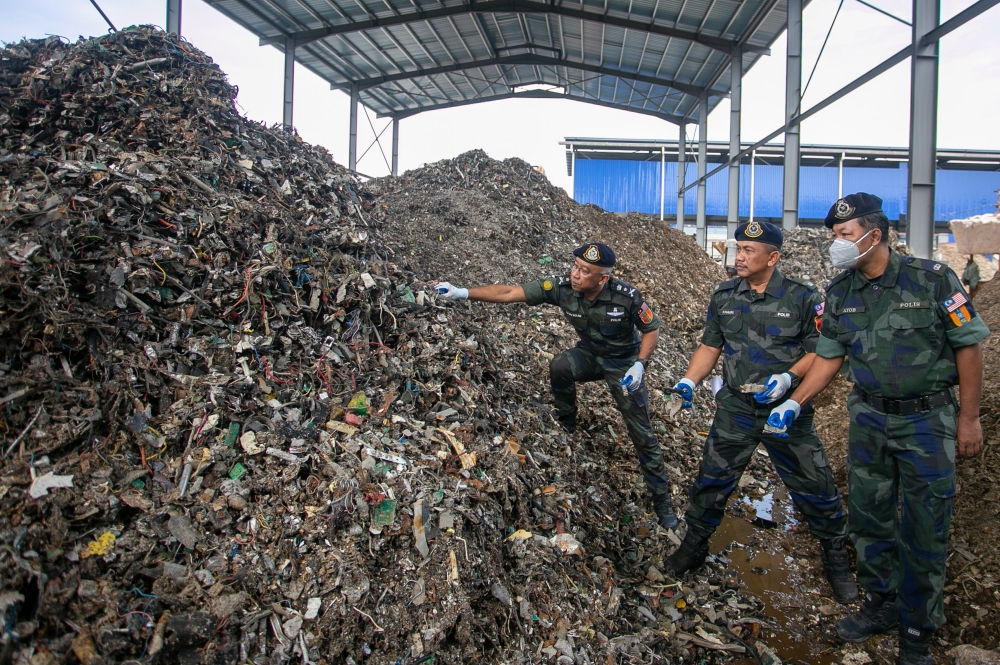KUALA LUMPUR, Oct 27 — The local multi-billion ringgit “sharing economy” which includes ride-sharing services like Uber could potentially help the B40 or low-income group earn more and reduce the number of unemployed youths, according to a government report.
In the Economic Report 2017/2018 released in conjunction with the Budget 2018’s tabling today, the Finance Ministry said Malaysia’s sharing economy was recorded to be valued at about RM3.4 billion in 2016 and is expected to reach RM17 billion by 2020, based on the Malaysia Digital Economy Corporation’s 2017 MDEC-Monitor Deloitte Analysis.
The ministry listed examples of the sharing economy such as Uber, home-sharing platform Airbnb, recirculation of goods such as second-hand goods’ sale through Mudah.my, pairing service providers with users such as through eRezeki and sharing of productive assets like crowdfunding site Kickstarter.
The report said the sharing economy could significantly aid the low-income B40 group or the bottom 40 per cent of Malaysian households that earn an average monthly wage of RM3,860 and below.
“By participating in services like ride-sharing or home-sharing, the B40 can utilise the latest technologies to generate additional income. The extra earnings would enable them to improve their quality of life, thus promoting upward mobility,” the report said.
In his Budget 2017 speech last year, the prime minister had said the government encourages car-owning Malaysians from the B40 group to generate additional income by participating as ridesharing drivers as they could earn up to between RM1,500 and RM4,300 monthly depending on working hours weekly. The government announced those without a car could buy a Proton Iriz with a RM4,000 rebate and with the federal cash aid of BR1M as down payment.
In the Economic Report released today, the ministry went on to say that the government had continuously introduced policies and regulations for the rapidly developing sharing economy, including changes this August to the existing laws of Land Public Transport Act 2010 and the Commercial Vehicles Licensing Board Act 1984.
With these legal changes, Malaysia became the first country globally to legalise eHailing services — a term often used for ridesharing services Grab and Uber — the report said.
The report also said the sharing economy has further enabled self-employment and entrepreneurship locally, citing the same MDEC-Monitor Deloitte Analysis in saying that the 400,000 freelance jobs in Malaysia in 2016 are expected to grow to 650,000 by 2020.
“In addition, increased job opportunities through digital sharing could help to address the problem of youth unemployment which recorded 10.5per cent in 2016, higher than the national unemployment rate of 3.4per cent,” it said.
Citing the sharing economy as having created 190,000 jobs in 2016, the report said it is expected to create about 300,000 new jobs for youths by 2020.
It also noted the potential for high growth locally in the sharing economy with a population ready to participate, as Malaysia has one of the highest numbers in the region of users registered with major social network sites at over 18 million accounts.
The report noted that the sharing economy currently has made significant inroads in the accommodation and transportation sectors, adding that it is expected to gain momentum in industries such as manufacturing and healthcare owing to rapidly developing digital technology and policies.
“However, there is a need to balance between the benefits and implications brought about by the sharing economy, such as government revenue, private sector participation, and consumer and worker protection.
“The government will continue to work closely with all stakeholders to bring about change in mindset to embrace this new technology and expedite the implementation of various initiatives by creating an ecosystem that supports growth of the sharing economy,” it concluded.
The MDEC-Monitor Deloitte Analysis puts the sharing economy’s global value at US$270 billion in 2016 and projects an annual 30 per cent growth for it to reach USD3.1 trillion by 2025.

